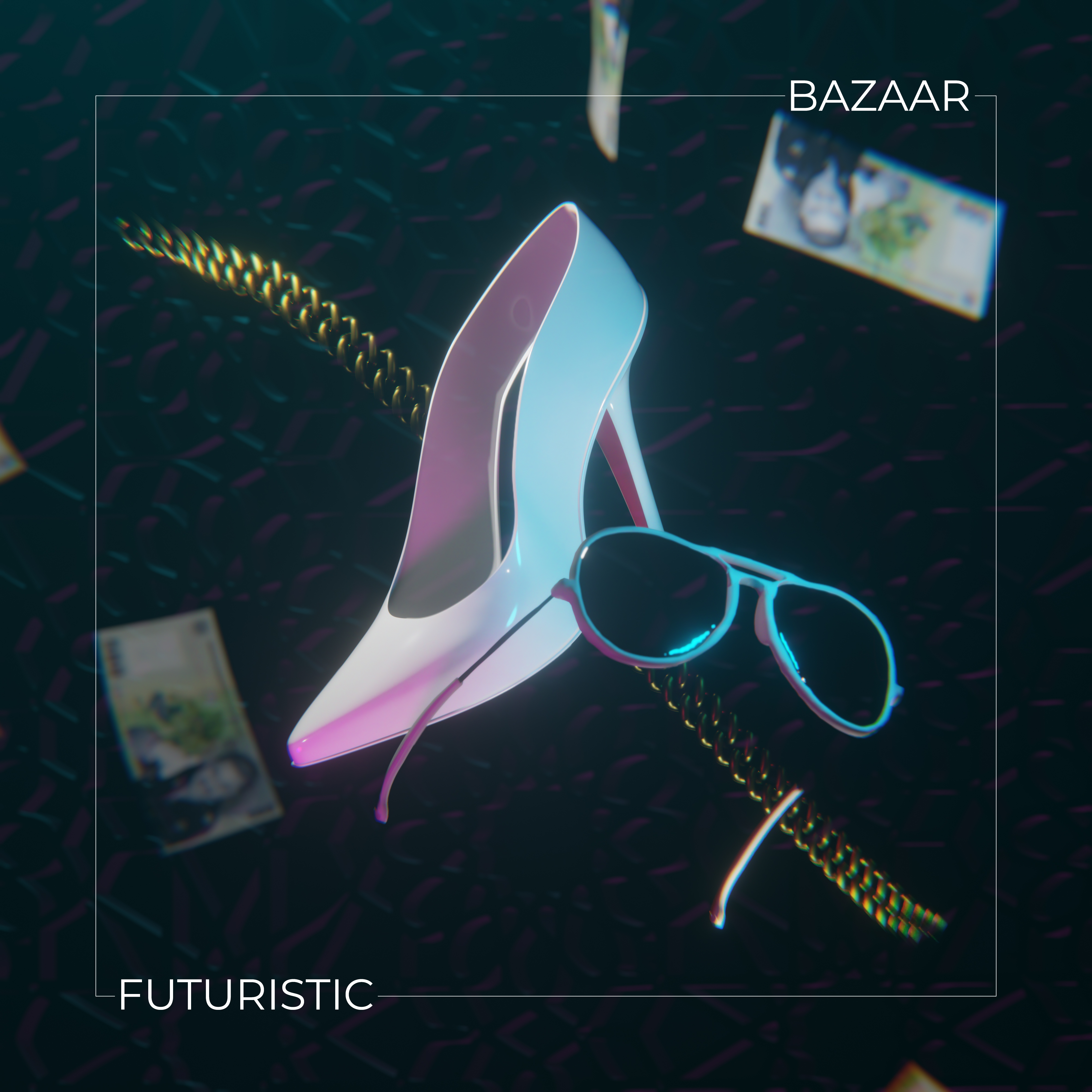
Manele – Memeified Music
The Romanian music genre manele has recently undergone a very postmodern reception. Widely shared through memes seemingly ironically, the genre could also be the predecessor of a new counterculture.
Manele is a contentious music subgenre that hearkens back to Romania’s history with the Ottomans. It features beats and singing that sound like they belong in a futuristic bazaar. One of the contemporary expressions of the reception of manele in the 21st century is the production of memes. Memes based on this music lie somewhere between ironic and earnest manele fandom, and since manele is the id of the Romanian psyche, this comes as a welcome respite from the tension of the country’s transition period.
Social media pages like «Manelewave» and «Citate Manele» glorify the unsung heroes of Romanian pop music and add to their surreal mystique. This hijacking of manele by millennial sensibilities leads to their constant recontextualization. It means that the kings of manele (Florin Salam, Adi the Wonder Child, and Liviu Guță) can be seen cavorting with anime characters or merging with the meme of the moment. A popular example would be the intro to a live rendition of Mihăiță Piticu’s «Regina Reginelor» (Queen of Queens), a manelized cover of Michael Jackson’s «They Don’t Care About Us».
Piticu starts by explaining the song’s origins: «Înainte să moară Michael Jackson, m-a sunat pe mine ș-a spus așa: Piticule . . . cântă tu melodia asta în memoria mea. Melodia care a spart globul pământesc!» (Grigore 2017). This translates roughly to: «Before Michael Jackson died, he called me and said: Yo Piticu, sing this song in my memory. . . the song that cracked open the globe». Due to Piticu’s memorable comedic timing and turn of phrase, the absurd boast subsequently became its own meme.
Matching the Madness of the World
The memeification phenomenon pertains to other flamboyant music styles, like reggaeton or Soundcloud rap. Meme production stands for a malleable artform that can «match the madness of our media world» (Watson 2019, 13). Its merging with manele, carving zany paths amid a stale pop cultural landscape, means that manele as a subgenre has developed a new appendage: a metamodernist twist. Metamodernism is «the mercurial condition between and beyond irony and sincerity, naivety and knowingness» (Turner 2011), and manele fandom lies somewhere on this spectrum.
Here the power of kitsch, the liberatory embrace of «single-entendre principles» (Wallace 1997, 81) merges with the knowing wink of the connoisseur of hidden gems. Memeification is made more likely not only through the over-the-top production and singing, but also by the fact that the artists themselves are unabashedly unironic. There seems to be no self-awareness in this subgenre, for that would be its death knell. Pathos on a ridiculous scale is part of what makes the manele subculture cool, and by subverting the formerly derogatory mantra «listening to manele ironically», fans have brought on a metamodern appreciation of manele through meme production: always fresh, always surprising, manele become the voice of a new kind of counterculture.
List of References
Biography
Links
Published on July 21, 2020
Last updated on June 27, 2023
Topics
From westernized hip hop in Bhutan to the instrumentalization of «lusofonia» by Portuguese cultural politics.
From Muslim taqwacore to how the rave scene in Athens counters the financial crisis.
From post-digital pop mocking the music history to Romanian folk music turning into a meme culture.
Snap



